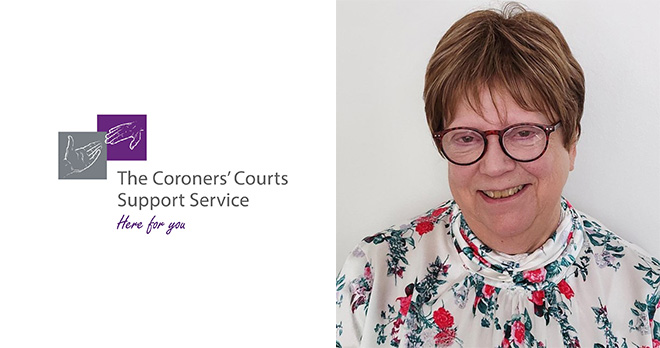Writing a statement for the coroner
During the inquest process, you may be asked to write a statement to the coroner. We’re here to help you.
Helping you and your family write a statement for the coroner.
This is your opportunity to raise concerns and questions ahead of an inquest. We’re here to help you understand what to do.
A family statement is a key opportunity to ensure the coroner is aware of your concerns and the questions you want answered by the inquest process. Here we explain why a statement is important and how to write one.
Even if you have not been asked to prepare one, you may wish to do so anyway to ensure your voice is heard.
Why have I been asked to write a statement for the coroner?
There are a number of reasons you may have been asked to write a statement for the coroner.
It may be very early on after a person has died and the coroner will be considering whether or not to hold an inquest. At this stage, they may ask the family of the person who has died to provide a statement if they have any concerns about how someone died. This is to give the coroner more information when deciding whether or not to hold an inquest.
If the coroner has already opened an inquest, they are likely to request a statement or information to understand what you or your family’s concerns are. It is also an opportunity to provide information about your loved one’s care that may not be apparent from the other evidence the coroner is gathering.
What do I write in a statement?
Your statement can cover whatever information you think the coroner should know when making their investigations into how your loved one died. However, it can be very helpful for the coroner to know:
-
1- who is writing the statement
Introduce yourself and explain how you are related to the person who has died.
If you are writing the statement on behalf of other family members or they have helped you write the statement, you can say this as well.
-
2- about the person who died
Often the coroner will only have basic information about your family member or what has been said about them in the other evidence, such as GP reports, medical records or prison records. Therefore, it can be important to write a paragraph about who they were, what their family was like, their personality and their hobbies.
-
3- what you remember about the circumstances of the death
How much you can write about the factual circumstances of someone’s death will differ from person to person depending on where and how someone died.
For example, if the person who died was in prison, you may only be able to talk about any communication you had with them by phone or when visiting. However, if they were in hospital or living at home, you may be able to give a detailed factual chronology as you remember it of the days, weeks or months leading up to the person’s death.
The best way to approach this bit of the statement is often chronologically, writing what you remember. If someone else has told you information you want to include, you can include this as well, but it is always best to say “I was told by……” so that it is clear the information you have got from someone else.
-
4- what your concerns are
An important part of the statement will be to set out the questions you or your family have about the death and any concerns about the treatment your loved one received prior to their death.
For example, you may be concerned that doctors did not diagnose sepsis quickly enough, observations were not being done regularly on a high-risk psychiatric patient, district nurses were not treating a pressure sore appropriately or that healthcare staff had not been checking an unwell prisoner.
Your questions and concerns can be very specific or very vague but it is important for the coroner to know what areas they may have to investigate during an inquest which were relevant to the death.

Read our full inquests guide
Our team has developed a guide to the inquest process and the terminology that comes with it.
To help people with the inquest process, our solicitors have developed the following guide to help with understand the inquest process – from pre-inquest review to conclusion – as well as some of the terminology that is used.











